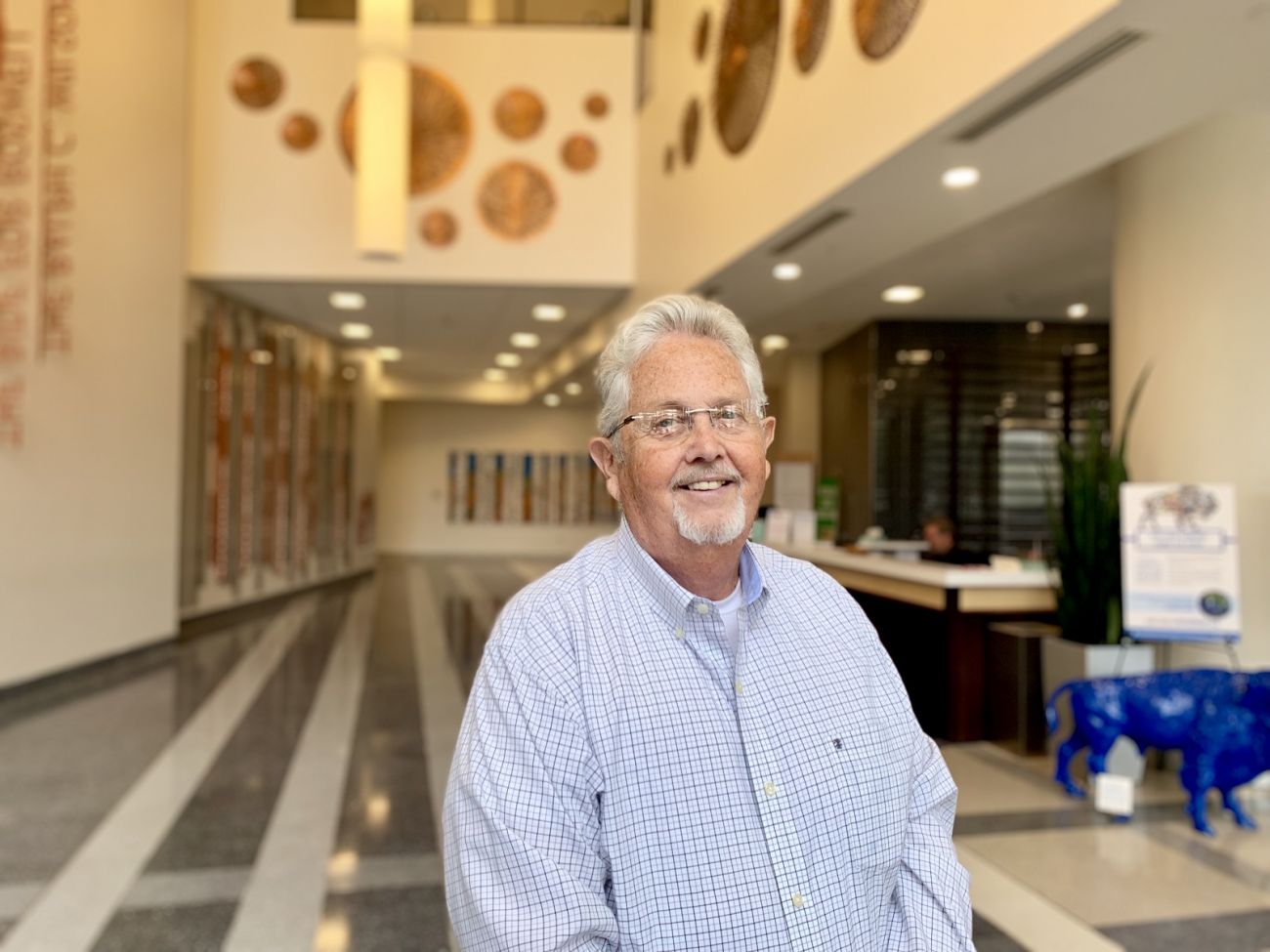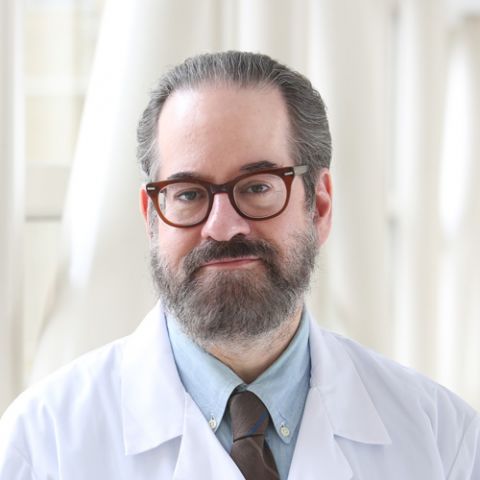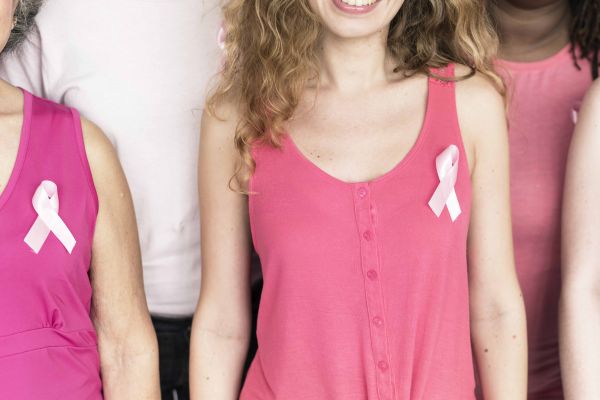Not everyone realizes men can get breast cancer, though not nearly as often as women.
Older men get it more than younger men, but breast cancer can occur at any age. And in anyone.
Including Mathew Knowles, 67, father of musical superstar Beyoncé. Knowles chose October — Breast Cancer Awareness Month — to announce he is a breast cancer survivor, having been treated this past July. After Knowles found small dots of blood on the front of his shirts for several days, his wife urged him to call his doctor.
A mammogram showed Knowles had stage 1A breast cancer, and he underwent a mastectomy. A blood test revealed he also has a BRCA2 gene mutation, which can increase a person’s risk for several cancers. In men, these include breast, pancreas and prostate cancer and melanoma. Knowles plans to have a second mastectomy and surveillance every six months to stay on top of his condition.
How Common Is Breast Cancer in Men?
For every 250,000 women diagnosed with breast cancer each year, there are about 2,000 men — or less than 1% — who find out they have the disease. The causes vary, just like for women: a family history of breast cancer, radiation exposure to the chest, gene alterations and conditions related to high estrogen levels, including cirrhosis of the liver or Klinefelter syndrome, a genetic disorder.
Survival rates for men with breast cancer are lower than they are for women. But breast cancer screening is not generally recommended for men because it is not as effective for them.
Are you at risk for developing breast cancer?
Check your risk level for breast cancer.
Learn the FactsBreast Cancer in Men: Early Detection Still Matters
Dr. Tracey O’Connor, breast oncologist at Roswell Park, says because breast cancer in men is so rare, doctors instead advise men to learn more about breast cancer — starting with finding out they can get it — so they know to seek help in its early stages.
“It’s an extraordinarily rare disease for men,” Dr. O’Connor says, with Roswell Park doctors treating “a handful of cases” each year. Because it is so uncommon, doctors recommend that men with breast cancer be tested for the BRCA2 gene mutation — as Mathew Knowles was — which is highly associated with male breast cancer. Finding out if they have the gene mutation allows patients to participate in more advanced screenings and aggressive treatments, while also letting their families know about their risk of getting breast cancer.
Survival rates are lower for men because they aren’t as quick to get checked by a doctor. Although men have a much smaller amount of breast tissue, allowing them to detect small lumps more easily, or notice an inverted nipple, another symptom, breast cancer is the last thing they would suspect. A lack of awareness about breast cancer in men can lead to later or delayed diagnosis when cancer may have already spread to other parts of the body.
That’s why Dr. O’Connor and other oncologists strongly recommend that men and women call their doctors and be seen as soon as possible if they suspect they have cancer.
That is what Owen, now 71, did in 2002; like Mathew Knowles, Owen credits his wife with convincing him to call his doctor.
“If it weren't for my wife's insistence that I get checked, I can't imagine what would have happened,” he says.
Owen’s Story
His primary care doctor ran a series of tests to diagnose breast cancer. Following a biopsy that confirmed he had a malignancy, Owen had a mastectomy. The Medina, NY, resident later requested a referral to Roswell Park, where he has been treated for 17-plus years by Ellis Levine, MD, Chief of Breast Medicine.
“I’m so fortunate I was assigned to Dr. Levine. I’m here because of him,” says Owen. “I have the utmost confidence in his abilities.”
While Owen underwent two more surgeries after his cancer returned, he continues to have a positive outlook on his life.
“I’m very fortunate that Roswell is staying on top of me and my disease, as I’m 100% sure they do for every patient who walks through the door,” he says.
A member of a regional breast cancer board, he also works diligently to raise awareness of male breast cancer, and the importance of seeking treatment early.
“If just one other person takes this to heart, gets checked and it helps increase their health or their longevity, man, I have done my job,” he says.
Owen also emphasizes how grateful he is that he is being treated at Roswell Park.
“This is a place where healthcare professionals are investigating the causes and the treatments. This is where they are learning about this disease and how to combat it. Why wouldn’t you come here?”
He adds, with a smile, “I’m looking forward to someday saying I’m cancer-free and ringing the bell. I’m not sure that will ever happen but hey, in the meantime, I’m being well taken care of.”
Editor’s Note: Cancer patient outcomes and experiences may vary, even for those with the same type of cancer. An individual patient’s story should not be used as a prediction of how another patient will respond to treatment. Roswell Park is transparent about the survival rates of our patients as compared to national standards, and provides this information, when available, within the cancer type sections of this website.


